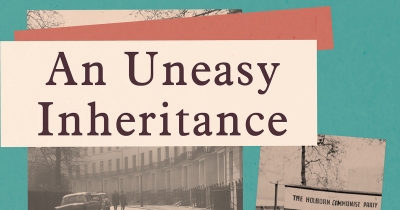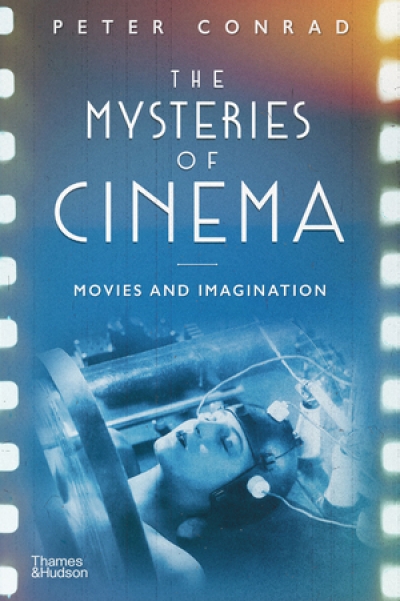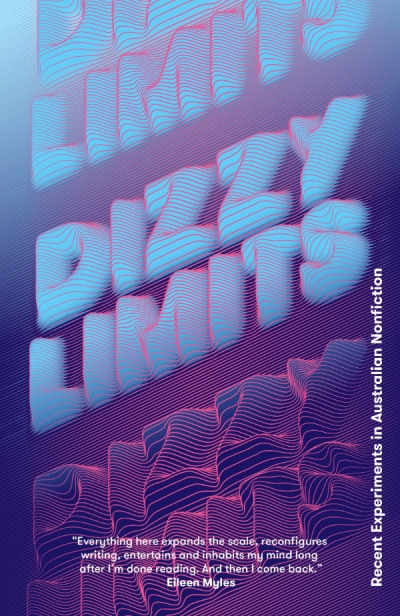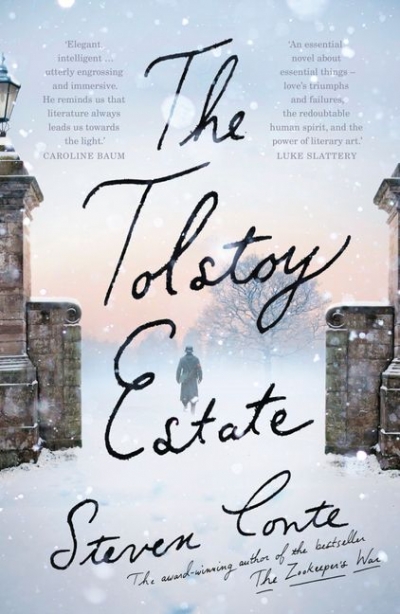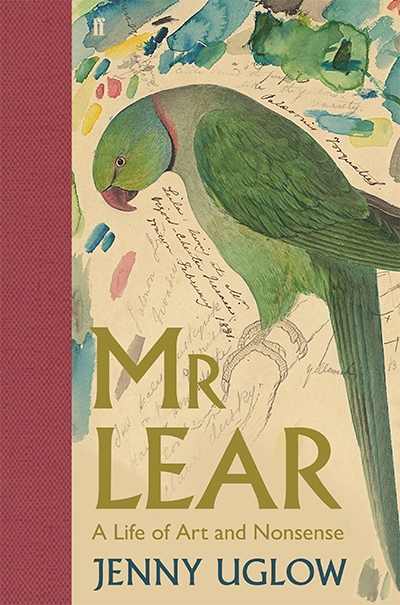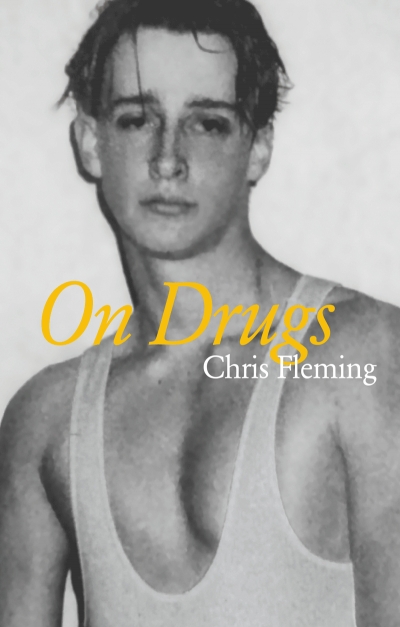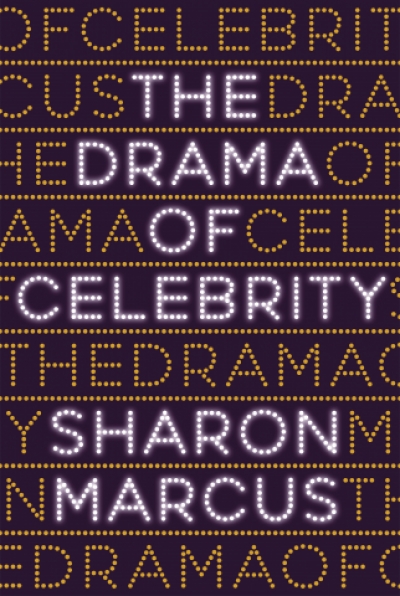James Antoniou
An Uneasy Inheritance: My family and other radicals by Polly Toynbee
by James Antoniou •
The Mysteries of Cinema: Movies and imagination by Peter Conrad
by James Antoniou •
Few books blur the line between beauty and ugliness more than Thomas Mann’s Death in Venice (1912). The novella follows the ageing writer Aschenbach, whose absurd over-refinement – born in part of repressed homosexuality – is dismantled by Tadzio, a beautiful boy he encounters on holiday in Venice. His obsession with Tadzio represents the displacement of mortality (Aschenbach will soon succumb to cholera) through a wilful surrender to decadence and decay.
... (read more)Dizzy Limits: Recent experiments in Australian nonfiction by Brow Books
by James Antoniou •

